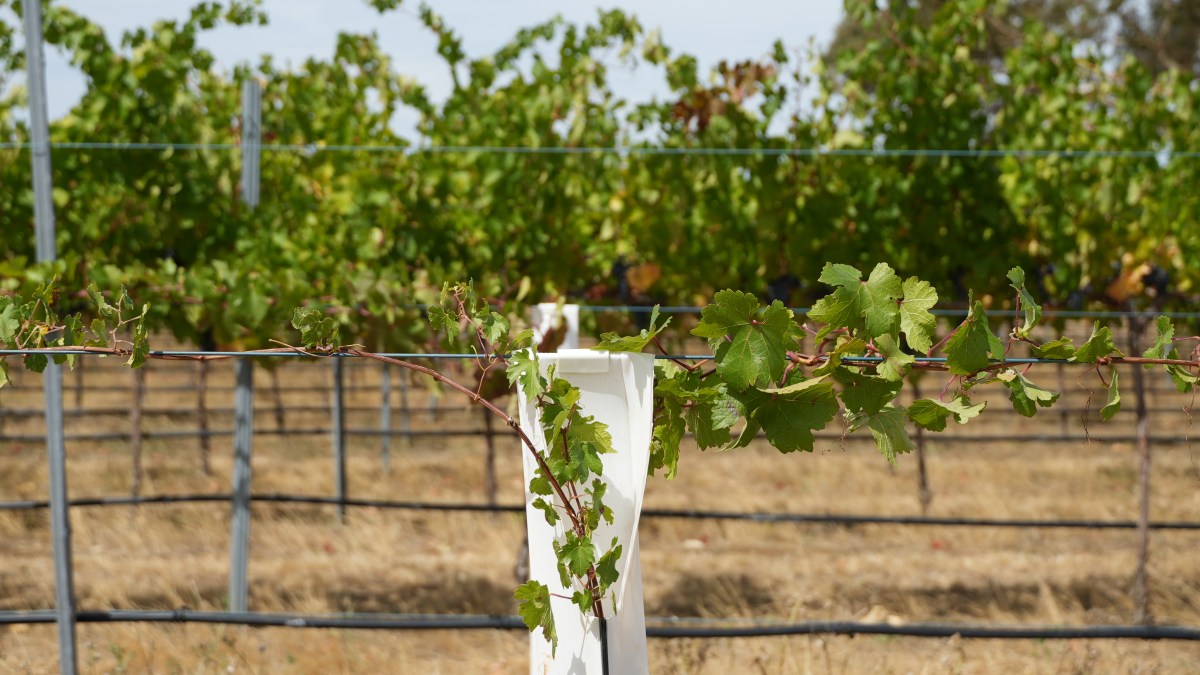A joint venture between Treasury Wine Estates (TWE) and the CSIRO aims to safeguard the wine industry against climate and disease threats.
Genetics from TWE’s heritage vines in South Australia’s Coonawarra and Barossa Valley wine regions have been blended with mildew-resistant traits developed through selective breeding by the CSIRO.
Decades of exposure to climate extremes have also developed the heritage vines from Wynns and Penfolds to become drought-resistant.
CSIRO project lead, Dr Paul Boss, said the vines will have an added advantage to withstand disease-causing pathogens.
“Using traditional breeding methods, we introduced two distinct genes to the Wynns heritage vines, which give resistance to downy mildew and powdery mildew,” he said.
“Having resistance genes for both powdery and downy mildew makes these plants more robust as it is unlikely the pathogens can break both sources of resistance with a single mutation.
“These are from CSIRO-developed breeding lines that confer robust disease resistance and other quality traits onto their progeny.”
It is estimated that powdery and downy mildew costs the Australian wine sector $160m in management expenses and production losses annually.
TWE’s Chief Supply & Sustainability Officer, Kerrin Petty, said the program is based on the latest science.
“Creating mildew resistant vines that are also able to withstand climatic variation means we’re setting up our vineyards to continue producing world-famous wine for generations to come,” he said.
“In partnering with CSIRO for this important project, we’re combining the genetics of heritage Australian vines from our renowned Wynns Coonawarra Estate and Penfolds brands with scientific research and innovation.”
The result of the program is also expected to reduce the use of fungicide sprays and lower carbon emissions by less frequent use of tractors in the vineyards.
The project has been partly funded by Wine Australia and the Australian Government.

